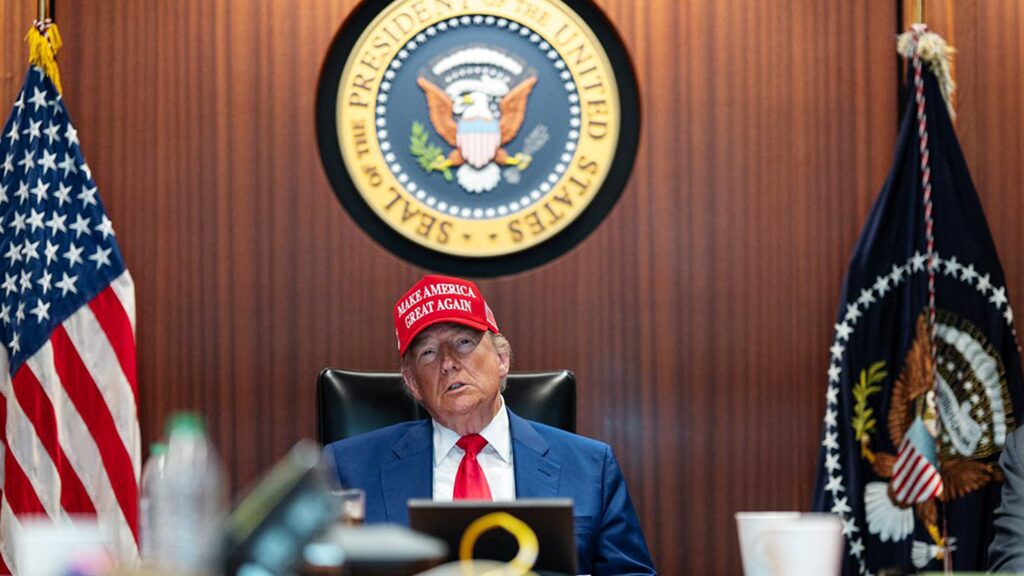In a bold and meticulously planned move, the U.S. military executed a strike on three key Iranian nuclear sites, known as “Operation Midnight Hammer.” The operation, hailed as a demonstration of military precision and strength by U.S. officials, aimed to address the threat posed by Iran’s nuclear program and its history of animosity towards the U.S.
The strike, conducted during the early hours of June 22, caught Iran off guard and showcased the Trump administration’s resolve. Secretary of Defense Pete Hegseth and Air Force Gen. Dan Caine emphasized the strategic focus and effectiveness of the operation, asserting that it significantly crippled Iran’s nuclear capabilities.
While the operation received praise for its success, it also sparked criticism from some Democrats who questioned the president’s authority to order military strikes without congressional approval. However, historical precedent, including actions taken by past presidents like Joe Biden, Barack Obama, and Bill Clinton, indicates that such targeted strikes have been conducted under the War Powers Act.
Despite political divisiveness, the strike underscored the importance of addressing Iran’s nuclear ambitions and its history of aggression. The U.S. military’s display of strength and precision in “Operation Midnight Hammer” highlights the commitment to safeguarding national security and maintaining peace in the region. Ultimately, the success of the mission transcends political affiliations, underscoring the imperative of prioritizing national security above partisan differences.

